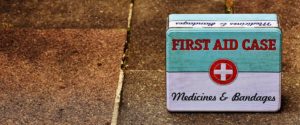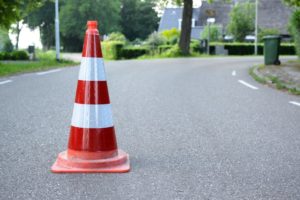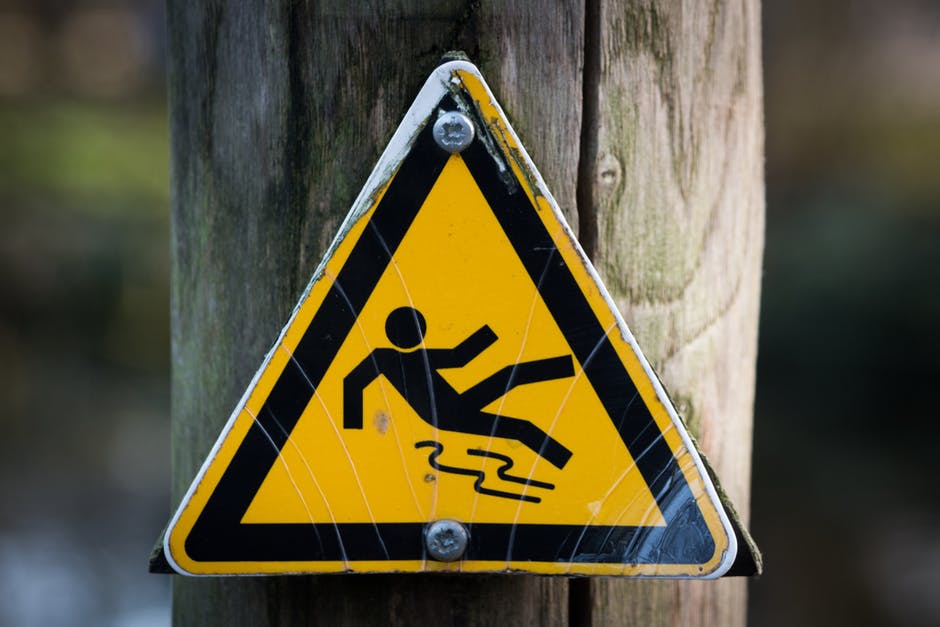If you experience an injury anywhere away from your own property, and someone else’s negligence is to blame for the conditions that contributed to the injury, you may have a premises liability case. Serious injuries or even deaths caused by unsafe environments may result from:
- Falling objects from a roof
- Slippery floors that result in slips and falls
- Unstable stairs that break
- Dangerous elements on a property that are not properly protected or do not have warnings near them
When you are injured due to someone else’s negligence and decide to pursue legal action, a Phoenix premises liability lawyer will need to prove several things to show the property owner is to blame.
Here is how negligence on someone else’s property is determined, some common types of premises liability cases that occur in Arizona, and what to do if you are injured on someone else’s property.
 What Constitutes Premises Liability
What Constitutes Premises Liability
Premises liability laws in Arizona vary depending on the type of party that is on the premises. Someone who is trespassing, for example, has less rights than someone who is an invited guest on the property.
Visitors to a property are classified as:
- Invitee, which means the person has been invited to the property, usually for a business purpose
- Licensee or guest, which means the person is on the property for generally a social purpose
- Trespasser, which means the person has no actual or implied permission to be on the property
Both business owners and personal property owners, such as homeowners, have a responsibility to protect people from dangerous conditions on their property. When a property owner’s property contributed to a serious accident, there are two situations where negligence may be a factor:
- The property owner knew about the dangerous condition but failed to fix it
- The dangerous condition existed for an amount of time where the property owner should have been aware of it and fixed it
If the property owner did not know about the condition but still performed actions that increased the danger, negligence may be a factor. Guests on a property should be warned about any obvious or hidden dangers on a property.
Child guests require even more warning. Because children may not understand the depth of potential dangers like adults, extra care to protect minors on a property must be taken.
This even includes for child trespassers. Like we covered in our blog about pool accidents, the Arizona Attractive Nuisance Doctrine stipulates that properties that are known to be attractive to potential child trespassers should still have safeguards in place to keep children and teens safe.
 Common Premises Accidents
Common Premises Accidents
Dangerous conditions that contribute to premises liability cases aren’t just limited to physical factors. Sometimes, a lack of security is the main factor contributing to an accident. Here are some common types of premises liability elements.
- Loose floorboards
- Uncleaned floors
- Holes in flooring
- Unstable objects
- Poor lighting in public places, like a parking garage
- Broken locks in apartment buildings
- Inadequate security
- Defective furniture
- Malfunctioning escalator or elevator
- Dangerous pets, like dogs or exotic animals
- Toxic chemicals and fumes
Property owners with guests have a duty to monitor their property and fix any dangerous conditions in a timely manner. In the meantime, guests must be warned about any dangers they might encounter.
What to Do If You’re Injured on Someone’s Property
Premises liability cases can get complicated. Often, businesses already have their own legal teams in place to protect them if someone gets injured. If you or a loved one is seriously injured at a personal contact’s home or property, there may be a temptation to dismiss the “accident,” when really your family deserves compensation for medical bills, time missed off work and other suffering.
No matter where you are, when you are injured on someone else’s property, you should take note of the conditions around you. Document the factors that contributed to your accident, or ask someone to do it for you. Take photos, listen to and note what people are saying about the accident, and get medical treatment. Don’t state that you blame yourself for the injury.
If your injuries were serious, and they weren’t your fault but that of the property owner’s negligence, contact a premises liability lawyer. The action you take could help protect others who visit the property.
You may be entitled to compensation for your injuries, but the statute of limitations places a time limit on when you can file a claim. Get a free consultation from an attorney sooner than later so that you can protect yourself, your finances and your family.


Recent Comments